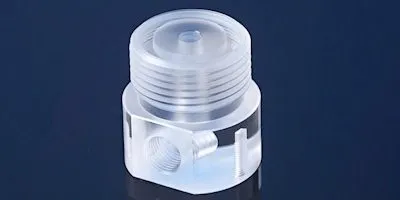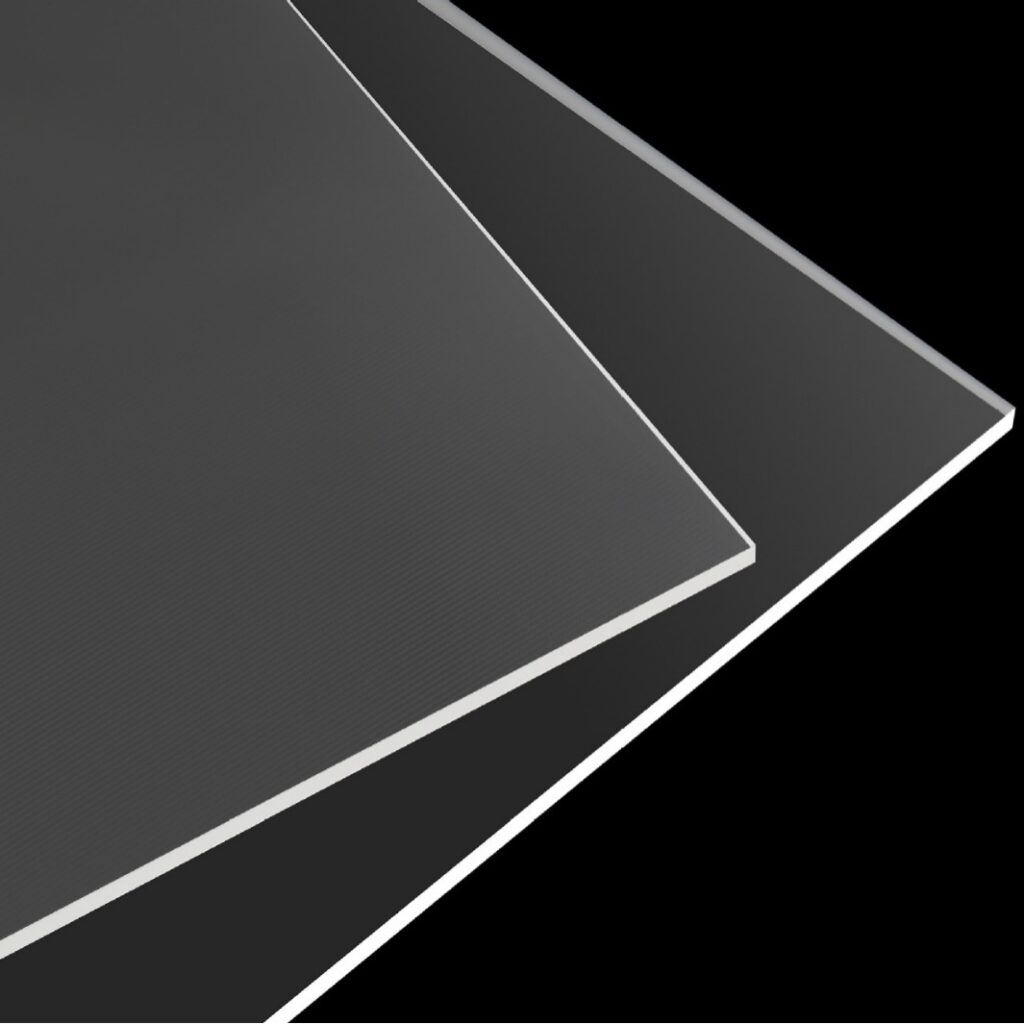PMMA is more impact-resistant than glass but less impact-resistant than polycarbonate. While it can handle moderate impacts without breaking, it may crack under high stress or sudden force. For applications requiring extreme toughness, such as protective shields or safety barriers, polycarbonate is superior. However, when clarity and scratch resistance are the priority, PMMA is the better choice.









